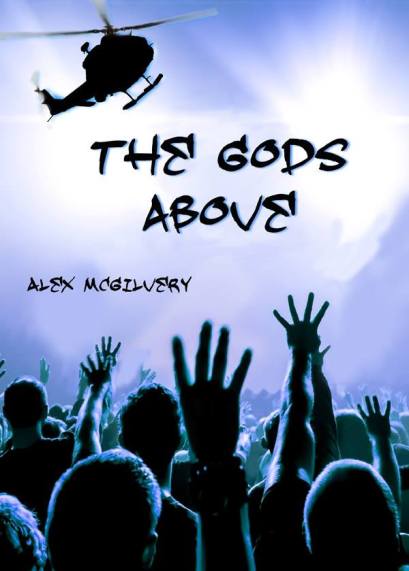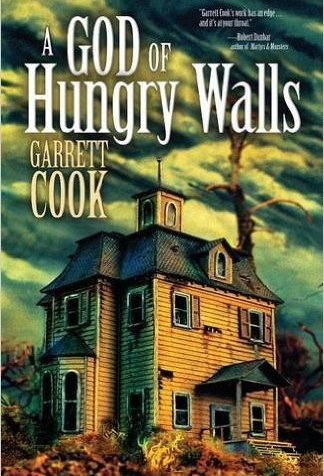
Zombies aren’t real. Maybe for ants, but not for humans.
Pranthi makes her living with her camera – it keeps her at a comfortable distance from the world. Pictures of the first person to go zombie give her a huge scoop. The lens can’t protect her as more people are infected. As a former street kid from India, Pranthi knows she’s tough, but not tough enough to deal with zombies, as if she had a choice.
Zombie stories seem to have a weird relationship with, well, other zombie stories. As deeply infected as our pop culture is with the shambling undead, fictional worlds are a lot more fickle in their undead.
In TV’s THE WALKING DEAD, for example, zombie movies don’t seem to exist at all. When the dead walk, it is an unprecedented horror. In Alex McGilvery’s upcoming THE GODS ABOVE (2016), zombies thrive in popular culture and the novel opens with fun and festive “zombie walk” that quickly spirals into a too-real horror.
In the midst of this chaos, we meet Pranthi, a professional photographer of Indian descent who is one of the more interesting characters that I’ve read in quite some time. She is a strong woman, but not in the Lara Croft or Buffy the Vampire Slayer mold. Physically, she is handicapped from a tragic event in her childhood and she actually represents a very minor physical threat.
If Pranthi does have a superpower, though, it is the amazing ability to be in the wrong place at the worst possible time. Her camera is an extension of her as certainly as she is of it. Pranthi is the pedestrian eyes on the mayhem as it unfolds. I found her an interesting and oddly specific character, and I asked writer Alex McGilvery about her.
“Pranthi is one of those characters who just leaped from my head like Athena. I wanted someone who’d challenge the standard ‘hero’ model so the leg braces. Her history rose out of those, and stories I’ve read of professional beggars in some countries.”
Sharing the story, Officer Dan Pabst represents the more official perspective on the situation. At first, he seems to represent a more standard action-character, but quickly becomes a far more interesting character. As the world becomes unraveled, the reader gets to watch the characters come apart as well.
I confess, I am unapologetic in my love of the zombie story, but I am not blinded by that love. I can see that, like a bloody wall of rotten clichés, zombie stories tend to blur together. McGilvery’s book dodges many these clichés, giving the reader a glimpse of a “first days” of its escalating horror scenario. There is enough of standard zombie story to satisfy that craving, but it has so much else going on that it doesn’t get bogged down. First, the zombies, while being commonly referred to as such, aren’t actually dead, in many ways, resemble the rage virus victims in 28 Days Later. This fundamental change has a side-effect of reducing the gore factor in the book and the mechanism behind their transformation makes up an interesting and more realistic facet of the story.
THE GODS ABOVE is not your standard zombie story and with strong characters and an intriguing twist on the premise, it is definitely a book to check out.

